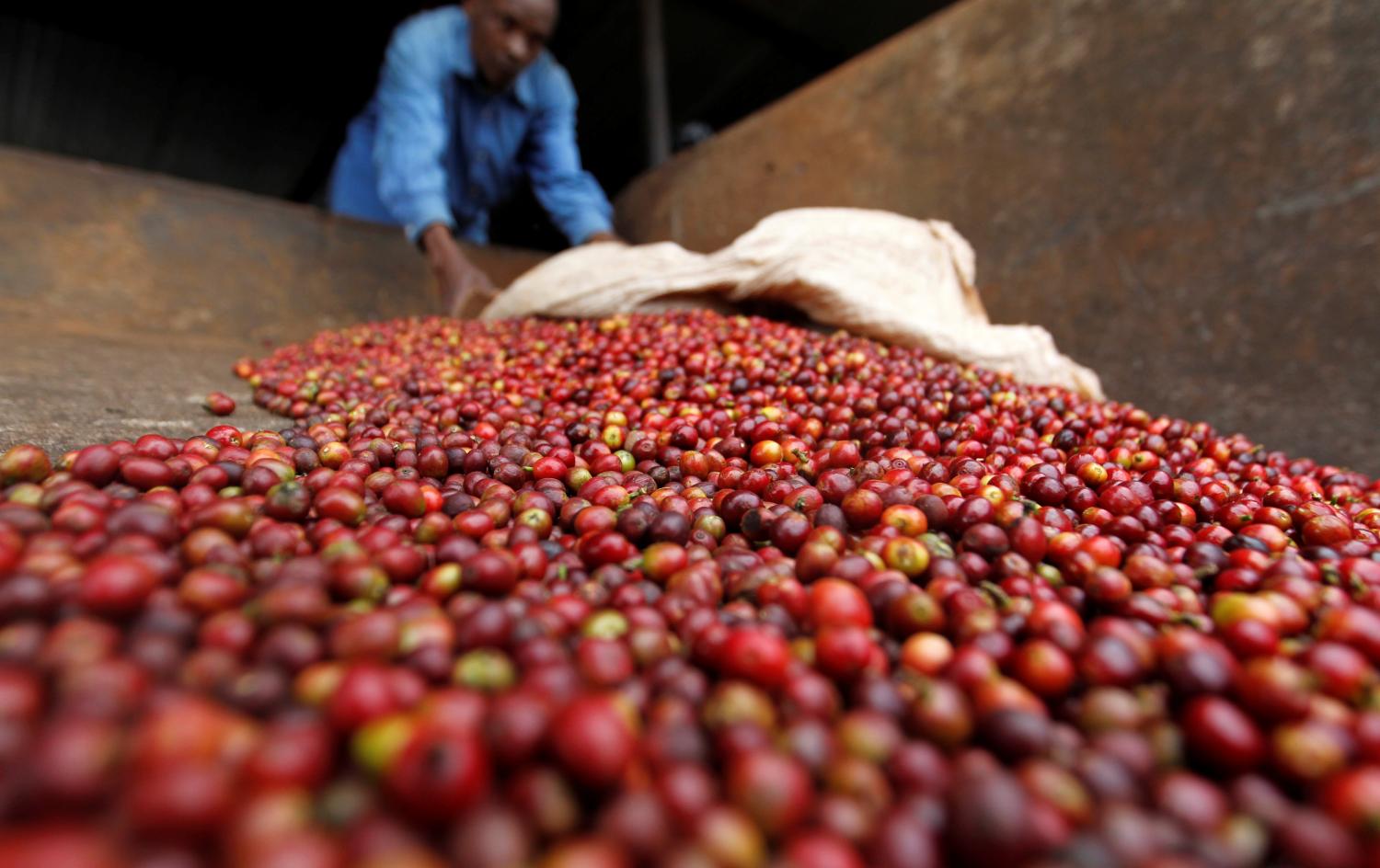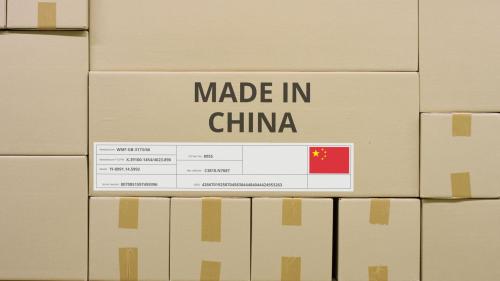INTRODUCTION
Since its enactment in 2000, the Africa Growth and Opportunity Act (AGOA) has been the centerpiece of the commercial relationship between the United States and Africa. This unilateral preferential law has provided Sub-Saharan African countries with the opportunity to export a wide array of goods to the United States duty-free and also quota-free. There is no doubt that the past eleven years of AGOA have been beneficial to Africa as evidenced by expanded volume and scope of exports to the United States.
However, it is also quite evident that there are many concerns over the effectiveness of the Act. While there are tangible gains, the potential of AGOA remains largely unexploited. After eleven years, the global setting under which AGOA was enacted has changed and although the law has been amended a number of times, it is apparent there is need to not only consider marginal reforms but also more innovative approaches to strengthen the commercial relationship between Africa and the United States. As emerging economies such as Brazil, Russia, China and India have expanded their commercial linkages with Africa, the United States’ commercial presence is shrinking. Experts from the Africa Growth Initiative at Brookings assert that now is the time for the Obama Administration to articulate a coherent strategy to deepen such relationship with Africa. In this publication, AGI scholars, together with collaborating partners in African think tanks, offer some suggestions to improve the Africa-U.S. trade relationship.
Read the full report » (PDF)
Articles
Toward a Transformative Africa Growth and Opportunity Act: Statement Presented at the United States Congress » (PDF)
This is the official statement given by Mwangi S. Kimenyi at a Congressional Briefing co-hosted by the Brookings Institution’s Africa Growth Initiative. The statement calls for a reorientation of the US-Africa trade relationship with a primary goal of supporting the transformation of African economies.
Supporting Deeper Regional Integration in Africa » (PDF)
John Page and Nelipher Moyo investigate the progress made to support regional integration in Africa within the AGOA framework. They suggest a blueprint for facilitating deeper regional integration in Africa.
Promoting Private Sector Investments » (PDF)
Mwangi Kimenyi and Jeff Frank look at various strategies to increase U.S. investments in Africa. The authors suggest that the U.S. should use incentives such as tax cuts on repatriated profits to promote U.S. investments in Africa which would also facilitate job
creation in America.
Ensuring Growth and Opportunity: Strengthening Job Creation for AGOA » (PDF)
Olumide Taiwo and Zenia Lewis analyze how AGOA can be utilized for increased employment generation in Africa. They suggest ways to scale up job creation by addressing the constraints on local labor markets and incentivizing the use of local employment.
Removing Barriers to Improve Competitiveness of Africa’s Agriculture » (PDF)
Emmanuel Asmah and Brandon Routman discuss the challenges inherent in increasing African agricultural exports through AGOA and provide recommendations for both African and U.S. policymakers that would encourage the development of the sector.
Building Regional Markets: AGOA and the Economic Partnership Agreements » (PDF)
Katrin Kuhlmann and Mwangi Kimenyi examine the impact of Europe’s Economic Partnership Agreements on U.S. Trade with Africa. The authors recommend that policymakers use caution when looking at Europe’s model for trade liberalization as it has deleterious effects on regional integration.
Improving U.S. Trade Assistance to Enhance AGOA » (PDF)
John Mutenyo, Brandon Routman and Jessica Smith explore ways that the AGOA framework can improve aid for trade to enhance the impact of the policy on economic development. The roles of African and U.S. governments are highlighted to provide suggestions on how to better use trade assistance, under AGOA, to remove constraints on trade and improve market access.
Reflections on Kenya’s Experience under AGOA: Opportunities and Challenges » (PDF)
Christopher Onyango and Moses Ikiara reflect on Kenya’s experience under AGOA. They evaluate the opportunities and challenges the legislation presents for the country and make a number of recommendations for policymakers as to how to improve its effectiveness.
AGOA: Market Opportunity and Supply Capacity in Ghana » (PDF)
Elizabeth A. Asante, Simon Bawakyillenuo, and Clement Ahiadeke survey Ghana’s experience with AGOA. Specifically, the authors investigate the challenges Ghana faces in utilizing AGOA’s trade preferences, and offer policy recommendations which would help it overcome these obstacles.
Beyond AGOA: Frontiers for a New Pact with Africa » (PDF)
Hon. Mukhisa Kituyi analyzes the limitations of enhancing African benefits through the provisions of the current AGOA. He suggests that while short-term measures may be needed to consolidate gains made so far, a wider negotiated compact may be required for future U.S. – Africa economic relations.
The Brookings Institution is committed to quality, independence, and impact.
We are supported by a diverse array of funders. In line with our values and policies, each Brookings publication represents the sole views of its author(s).



